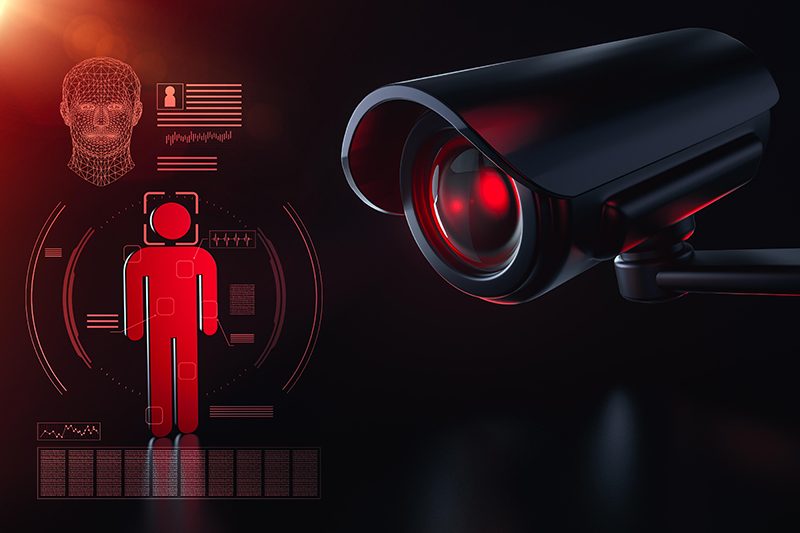TikTok Downloader That Works: Save Videos, Stories, and Audio Free
- January 17, 2026
- Tech
That video you saved to favorites might vanish tomorrow. Creators delete posts, accounts go private, and… Read More

In the midst of the COVID-19 pandemic, the landscape of work has shifted dramatically, with remote work becoming the new norm for millions around the world. However, this transition has brought with it a concerning development: the widespread adoption of work-at-home AI surveillance systems by employers. While these systems are often marketed as tools to enhance productivity, they raise significant concerns about employee privacy, autonomy, and the ethical implications of constant monitoring.
The monitoring of employees is not a new phenomenon. Dating back to the early 20th century and Frederick Taylor’s principles of scientific management, businesses have sought ways to optimize productivity and efficiency. However, the emergence of AI technology has taken this surveillance to a new level. According to recent studies, over 50% of large corporations are now using some form of nontraditional monitoring techniques, such as analyzing emails, social media messages, and even biometric data.
In an age where personal privacy concerns is increasingly under threat, the extension of workplace monitoring into employees’ homes is particularly troubling. While the Electronic Communications Privacy Act of 1986 allows employers in the U.S. to monitor their employees down to the keystroke, the intrusion into employees’ private lives raises serious ethical questions. With AI-powered software like Controlio, employers can track not only work-related activities but also personal conversations and behaviors within employees’ own living spaces.
Employee surveillance product reviews have become increasingly prevalent in mainstream media, further normalizing the practice of monitoring employees. Companies like Controlio claim to offer breakthrough solutions for remote employee monitoring, using advanced algorithms to track productivity and behavior. However, critics argue that such invasive monitoring undermines trust and autonomy in the workplace, turning employees into mere cogs in a machine.
Controlio is one such software that has seen a surge in interest since the onset of the pandemic. With features like screen shot captures, webcam access, and keystroke tracking, Controlio promises to provide employers with valuable insights into their remote workforce’s activities. However, concerns remain about the potential for abuse and the erosion of employee privacy. As technology continues to advance, it is essential to strike a balance between productivity and privacy in the workplace.
As the use of AI surveillance technology becomes more widespread, the need for regulation becomes increasingly apparent. While employers have a legitimate interest in ensuring productivity, it should not come at the expense of employee rights and dignity. Government bodies and regulatory agencies must step in to establish clear guidelines for the ethical use of AI surveillance technology in the workplace, safeguarding the privacy and autonomy of workers.
Beyond the legal and ethical considerations, there is also a human cost to constant surveillance in the workplace. Research has shown that intrusive monitoring can lead to increased stress, anxiety, and burnout among employees. Moreover, the erosion of trust between employers and employees can have long-lasting consequences for organizational culture and morale.
In the face of these challenges, it is crucial for organizations to prioritize transparency, communication, and employee well-being. Instead of relying solely on surveillance technologies to drive productivity, employers should invest in building a culture of trust and empowerment. By fostering open dialogue and collaboration, companies can create a work environment that values both productivity and privacy, ultimately leading to greater success and satisfaction for all stakeholders.
Work-at-home AI surveillance represents a troubling trend in the modern workplace. While the desire for increased productivity is understandable, it should not come at the cost of employee privacy and dignity. As companies like Controlio continue to offer increasingly sophisticated monitoring solutions, it is crucial to consider the ethical implications of such technology. By advocating for greater transparency, accountability, and respect for employee rights, we can create a work environment that prioritizes both productivity and privacy.